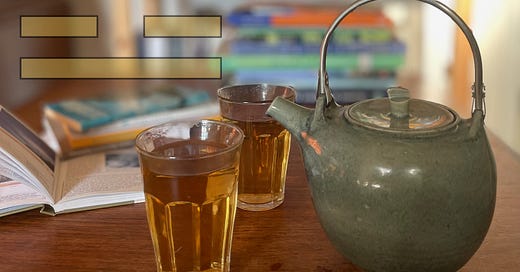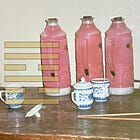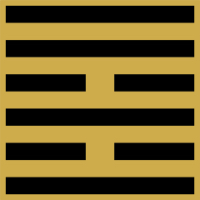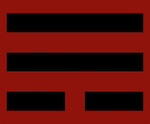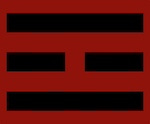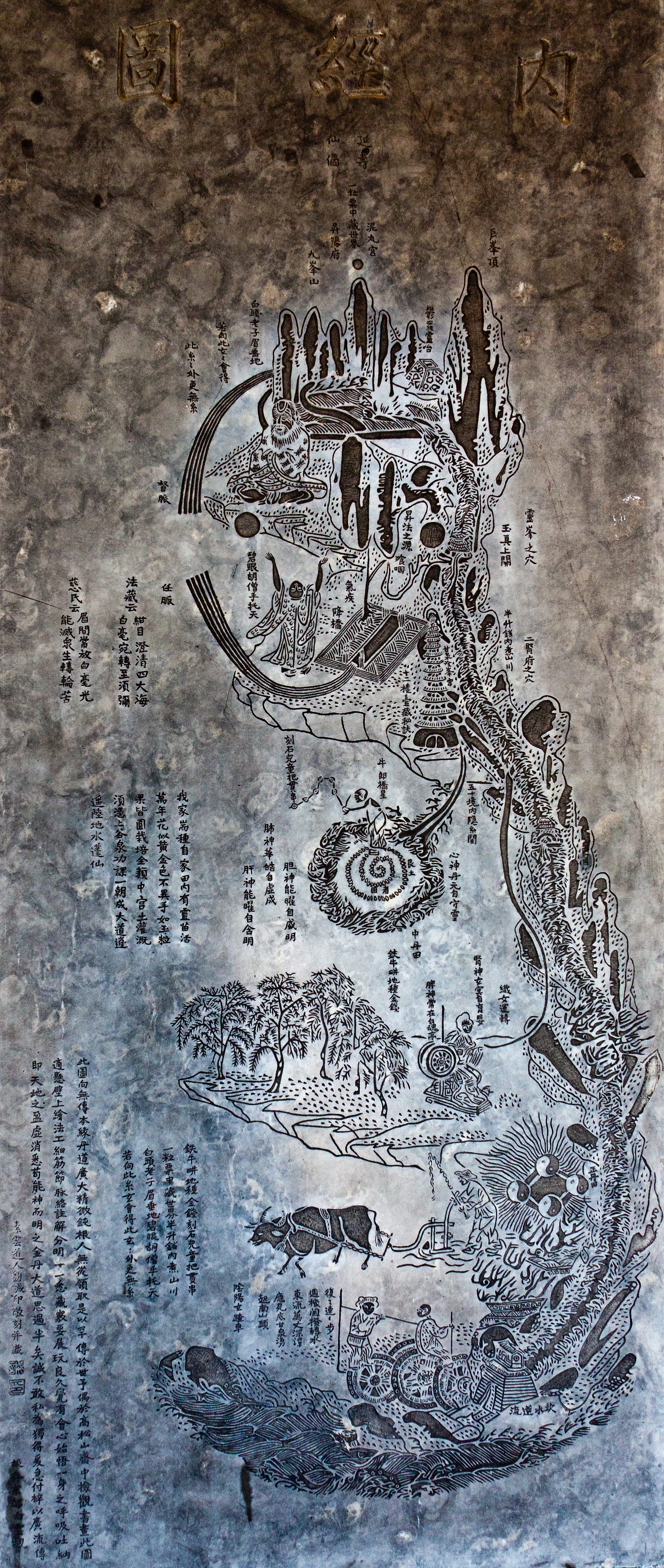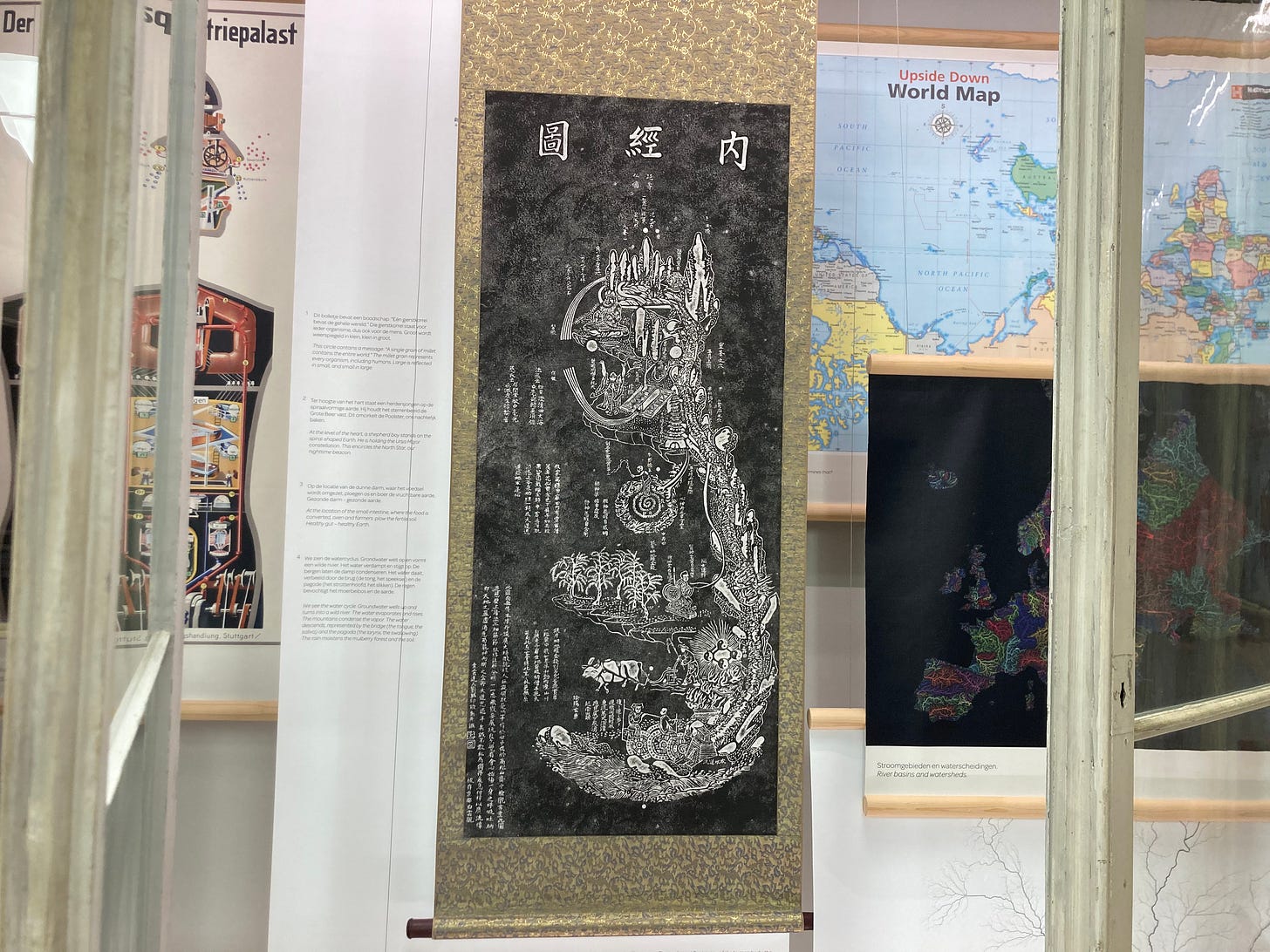This post has been translated from Dutch into English with DeepL. It will be manually edited and streamlined soon.
This is a sequel to:
THE IMAGE of two trigrams: Fire below, Wood above. A pile of firewood, a campfire, a burning stove. Learning how to use fire would prove crucial for our distant ancestors. Wild animals stayed at a safe distance at night, food became much easier to digest, bodies could warm themselves, and around a fire was good storytelling. Stories connect. The warm stove as the hub of the household. What could be better than meeting around the warm hearth? Wood over Fire: the image of the familiar, of a close-knit group of people, a clan, a family. Flip the hexagram then its opposite appears and complement: chapter 38. Estrangement.
LONDON, between 1996 and 2015
Luo Zhen's lessons in Hangzhou have fallen on good terms and I have found an excellent teacher closer to home. In London, that is, and over a period of almost 20 years I travel there with great frequency by train or plane. I usually stay overnight in the comfortable home of friends, not too far from Saville Row, the street where Phillias Fogg once lived. Perhaps all too romantically conceived, but over the years I had unwittingly visited many of the places that were part of his illustrious journey: Shanghai and Hong Kong, San Francisco and New York, Bombay and now London.
The immersion in traditional chi kung teaching - pragmatic and physical, little room for asking questions, learning to trust the unpredictability of this kind of knowledge transfer - are alienating for a boy from The Hague. Until recently, the martial art of which this chi kung is the foundation, was embedded in a completely different social culture. In my youth, I had had no affinity for martial arts and had not been overly sporty at the time. Only now, looking back on years of chi kung training, do I realise that it has taught me to think with my body.
When you want to understand something better, teach it. Or write about it. So I am going to write a book after all - not an encyclopaedia, but a book with lots of pictures. A book where metaphor, estrangement and the familiar can come together. And where the outside world and the world within mirror each other. In the person of Nick Pole, a reserved, humorous Englishman, I found the best sounding board and editor I could wish for. Nick would later write an excellent book on language, metaphor and the body. Our matinee writing meetings initially took place at Maison Berteaux in Soho. The messy setting of the famed patisserie, the many cups of earl grey, the amazing tarte tartin and croissants, Nick's sense of understatement and language, and the memory of the writing game from my childhood are the main ingredients for the book in the making.
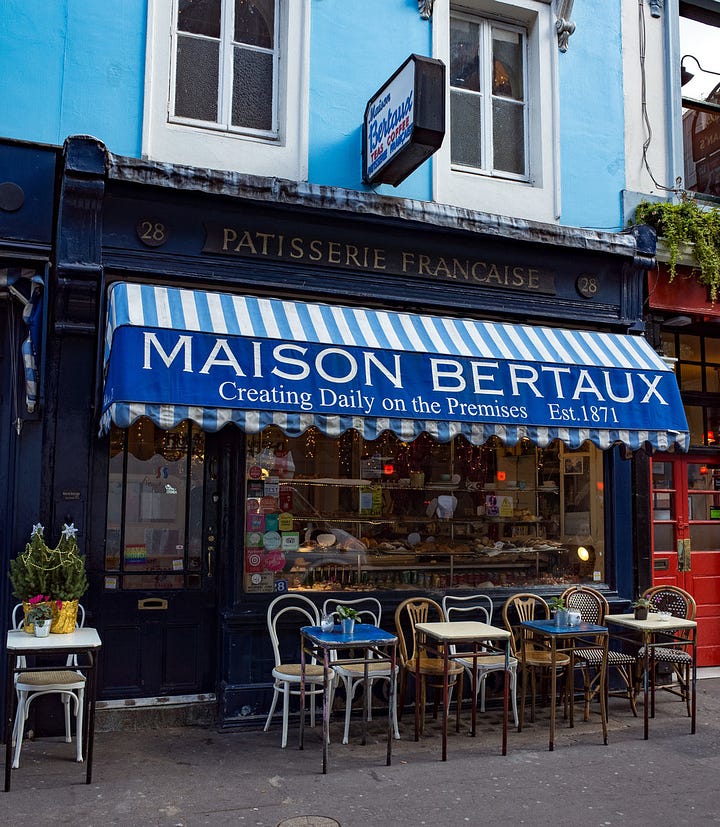
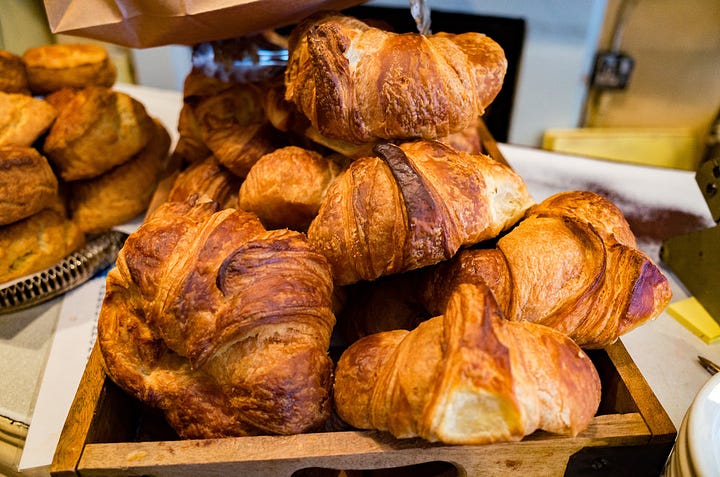
CHINA TRAVELS, between 1999 and 2013
I still return to China many times, but as a traveller I remain even more of an outsider than before. On a tentative last trip, I interrupt commitments and spend a few days at the Taoist Bai Yun Guan, the Temple of the White Cloud, in a suburb of Beijing. In a garden at the back of the complex is a stele, a standing stone, with an engraved drawing and text. It is the Nei Jing Tu, the 'Image of the Inner Landscape'. I had often seen reproductions of the stele's print, but now, in the quiet enclave of the monastery garden, I see in the wondrous image the essence of an entire culture. Simple in presentation, nimble and almost humorous, deep and fundamental in meaning. Mirroring in each other the outer and inner worlds.
WORKING IN EUROPE, between 1994 and 2019
Twenty-five years of travelling and teaching in Europe make me a European. I experience first-hand the mentality of Viennese and Portuguese and live daily life in Italy, Switzerland and Finland. I breathe English manners and understated humour in London, and in Hamburg and Cologne and other German cities where I teach by invitation, there are always deep and animated conversations. The classes I teach over a long period in Amsterdam are attended by a cross-section of the cosmopolitan city. Without having to travel, I meet the world there too, in a very different way from the way I did long ago through Jules Verne's book.
An European family, is that what you want to say? I can hear you thinking, you can have some, left-wing hobby! At a time when borders seem to be closing again, mistrust of foreigners is being stoked, and we seem to be retreating into an artificially constructed national identity, surely you can't come up with such a tacky outdated notion anymore. Yet that is indeed what I want to say. During these years, I learned to see both the huge cultural differences and the shared European history. And not indirectly through books, newspaper opinion pieces or social media clamour.
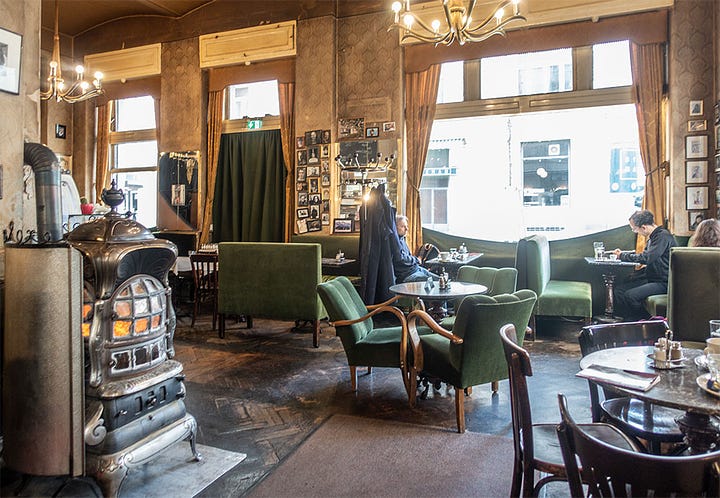
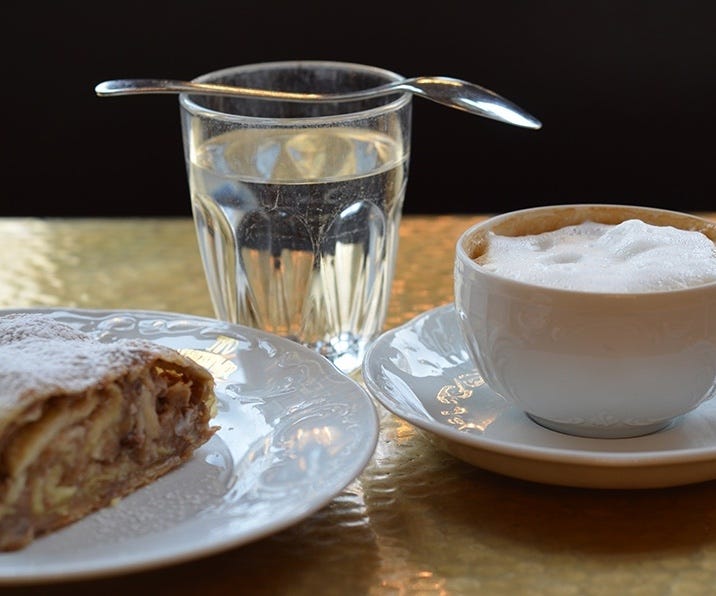
GROOTE MUSEUM, between 2018 and 2022
My health no longer allows for much teaching and associated travelling. Over the years, I have probably underestimated its impact on my constitution. Through a confluence of circumstances, I become involved in the innovative design of an old museum. The original Groote Museum, part of Artis in Amsterdam, was an exponent of the Enlightenment, displaying for the curious visitor in its showcases the wonders of nature, often recently 'discovered' and brought back from the colonies. The new interpretation of the museum, which had stood empty for half a century, was supposed to be about the culture complex intertwining nature and culture. Without any knowledge of and experience in the museum profession, in my new role as curator, I fall back on the insights gained from past decades. Metaphor and association, the truth of incessant change, the mirroring of the Nei Jing Tu, the principle of embodied cognition, the power of images over words, the beginner's mind, and cups of tea and cake when we are in danger of getting lost.
LIMITATION, 2022
The museum job is done, the opening is behind us. My health is increasingly failing me and, after much research, I am diagnosed with a chronic neurological disorder. It becomes clear that I cannot return to the life of a teacher. Travelling is no longer possible, and repeating the museum adventure is out of the question. I leave Amsterdam with my family and we move to the countryside in Overijssel. I start writing stories inspired by the Book of Change, the book that started it all for me. In my current condition, writing is slow, but why should it be fast anyway? And many words are not necessary, as long as the image is clear. The disadvantage turns out to have even more advantage. I can no longer procrastinate.
The structure of the ancient black linen-bound book, with the red Chinese character on its front cover, is ingenious in structure and simple at the same time. The visual language in which it speaks is universal. What I sketch is the land where I live now, the meadows and forests, the river, the storks, the marten that lives under our roof, the houses and villages, the necessary changes that are coming and that evoke resistance, the history, the archaeology of the ordinary, the mundane that we often so easily pass by.


Recently, I saw Garrie van Pinxteren on TV in Zomergasten. She talks about the years behind her as a correspondent in China. About the many friendships, about alienation and then the discovery that beneath the layer of cultural difference, the human always emerges. These words resonate within me. All Chinese love their children, just as we all do. Some of them love football, just as some of us do. And with a little effort, you find out that many of them have a great sense of humour, just like many in my hometown of The Hague or in London, for years my second home. Very different kinds of humour there in The Hague, Shanghai and London, that is.
It is becoming more difficult to put on a credible Chinese speaker, and therefore to hear a nuanced Chinese opinion. I write more and more geopolitical analysis and less and less about the flesh-and-blood people who live here. China is thus becoming another black hole for the West.
That is dangerous. It becomes easier to start seeing 'the' Chinese as some kind of aliens. Conversely, the same is true. There are fewer and fewer foreigners walking around here, little children pointing at us again, just like in 1982. Many Chinese also no longer dare talk to us, afraid of being seen as country traitors. Much to my chagrin.
Garrie van Pinxteren in the NRC
Making sketches inspired by the Book of Changes are a logical extension of trying to approach the strange. And if that fails, allowing the strange to come close of its own accord. The Bronze Age to 2024, the exotic to the everyday, the Far East to the Salland countryside.
You are welcome to leave a comment or idea here in response to this story!

